A Copernican Revolution of social science – Sex roles
A society based on traditional gender roles is happiest and healthiest
Fields of science sometimes get stuck because they are based on wrong models and assumptions. Most famously, medieval astronomy adopted the wrong Ptolemaic model in which the planets revolve around a stationary Earth and it needed the Copernican Revolution to adopt the correct heliocentric view which gave birth to modern physics. I think social science also needs a kind of Copernican Revolution unless we want to spend untold amounts of time, money and energy on policies that won’t go anywhere.
Most people are not particularly offended by theories of planetary movement, so the Copernican Revolution was relatively smooth. In contrast, the correct theories about society often sound preposterous because, being about biological creatures, they have on them the cruel cold touch of nature. For a long time there has been both a niche market for loud, “based” truth-sayers about human nature and serious researchers mostly staying quiet outside of academia, but not much penetration of this new model into polite society or policy.
Starting with this one, I plan to publish a series of articles to document the most controversial and provocative views which are likely true and important for public policy.
A society based on traditional gender roles is happiest and healthiest
Modern Western societies are big on “gender equality”. Entities such as the American government, the EU, Harvard University, Facebook/Meta, Google or General Motors all have either specific gender equality goals or promote gender equality under a more general diversity umbrella. Unlike many other woke terms, “gender equality” means exactly what it sounds like. Let’s quote the EU plan:
The key objectives are ending gender-based violence; challenging gender stereotypes; closing gender gaps in the labour market; achieving equal participation across different sectors of the economy; addressing the gender pay and pension gaps; closing the gender care gap and achieving gender balance in decision-making and in politics.
In other words, the EU thinks stereotypes about women are wrong (in fact, they are largely correct).
Stereotypical sex differences in personality facets (axis X) correlate highly with actual sex differences in observer ratings of personality (axis Y), just one example of the accuracy of gender stereotypes. The EU doesn’t want you to know this. They are perfectly OK with a violent terrorist in their parliament though – she’s a woman so there is progress in achieving gender equity in violence.
It also wants to make men and women have identical positions in society, such as equal wages or an equal number of male and female engineers, politicians or company board members. This, as I will soon show, is an absolutely terrible idea, for the women themselves.
The unstated assumption in these “equality plans” is that current sex differences in desirable social outcomes such as having a high salary or being an MP exist because of some sort of discrimination against women. (Sex differences in less prestigious or desirable outcomes such as being garbage collectors or homeless people are rarely addressed). However, known sex differences in psychological traits would more than likely cause similar sex differences on their own. For example, while this difference may not be g-loaded, men perform slightly better on IQ tests (despite a deliberate effort to make the test not favor either sex), a fact Wikipedia is wrong about, and have a higher standard deviation, resulting in a heavily unbalanced sex ratio at the highest levels of cognitive performance.
Russel Warne’s simulation of male overrepresentation in the extremes assuming equal IQ means but higher male variability.
In one of my favorite HBD posts ever, classic blogger La Griffe du Lion showed that male dominance at different levels of mathematics performance (from having a university degree to having a Fields medal) is about exactly as great as one would expect by extrapolating from the male and female distribution of student performance at a large US national survey.
We would expect male dominance at the top of a discrimination-free society simply due to these differences even if all men and women competed with their best efforts. But, as it happens, women are not competing with their best efforts. In numerous opinion surveys, women favor more “meaning” and work-life balance but less rigor, competition and risk in the workplace, and they have less interest for working with things and abstract concepts. A nice illustration of this phenomenon is this paper using data from the Study of Mathematically Precocious Youth, a longitudinal dataset of young Americans who wrote a 99%th percentile math SAT at age 13. Although there were plenty of women in this sample and they tended to become very successful (Lady Gaga is a participant), when they were interviewed about job preferences in their middle age, the largest sex differences favoring men were seen on items about desiring “A well-above average salary”, “Being able to take risks on my job” and a “Merit-based pay system”, while the largest female preference was for “Working no more than 40 hours a week”, “Working no more than 50 hours a week” and “Working no more than 60 hours a week”. There are fewer smart women than smart men, and even those that exist are less willing to put in the extra effort that lifts you to the top. A really hardcore feminist could argue that women were forced to adapt these preferences by the patriarchic system they grew up in, but in fact these sex differences are usually larger or at least not smaller in more gender-equal societies, such as those in mating preferences, wellbeing, emotional expressions, or values, a phenomenon called the gender equality paradox. (See that last paper and this post for more examples.)
I strongly suspect that these sex differences are biological, but they would be perfectly rational even if they were 100% learned. A big reason either sex does anything is to attract the other. As a man, climbing the social ladder widens your pool of potential partners, but as a woman, it narrows it. Based on stated preferences and real-world data from dating apps, women care a lot about male status but less about male age, while for men it is the complete opposite.
Desirability of men and women in online mating from this paper. Note the linear effect of education on the desirability of men but not women, and different age effects which replicates across cities.
Chinese data from this paper about income preferences in online dating. When men send messages to women (left), they care little about female income. Being very poor as a woman is a negative indicator but men prefer middling female incomes to high ones. When women send messages to men (right), they care much more about income as the stronger overall correlations (darker colors) show. They strongly detest low incomes and prefer high ones, especially if they themselves are high earners.
For a man it is highly rational to invest in getting a good education and a good job not just because having these things is nice on its own but because he can significantly improve his position on the mating market. For a woman, the second benefit does not exist and in fact it might be a drawback. A more educated woman with a better job has gained no additional appreciation from potential male partners, but she is likely much older by the end of this process, and she likely still wants to date or marry up, which is increasingly difficult the higher she gets on the social ladder. The traditional female way of getting access to resources was through their partners. This method seems to work really well. For example, in the SMPY paper linked above, the top 1% math ability women had very high salaries, but their husbands made even more money, showing that they successfully married up. (Male SMPY-ers, on the other hand, married females who made much less money.)
Salaries of male and female SMPY participants (dots) and of their spouses in one cohort. Left is the total sample (top 1% of the population), middle is the top-quartile (best 0.25% the population) and right is the top decile (0.1% of the population). As you can see, the smarter you are, the more money you make. Smarter women married richer men, and in fact in the whole sample their husbands even outearned these elite highly selected women. Smart men married women with unimpressive salaries and the richer the men, the lower their wives’ salaries got.
On a more general note, while there is of course a small gender wage gap in earnings, there is a much bigger one in the other direction in consumer spending. Men make most of the money and their partners spend most of it. And both parties are happy with this arrangement: as I wrote before in an analysis of an exceptional paper, in most countries men are happiest if they work more and their partners less, while women are happiest if they work less and their partners more.
Traditional gender roles benefit everybody. Men want to work, make money and compete (among others, for women), women want to have easy jobs or take care of children and they want a man who makes this possible. To promote “gender equality” is to promote an unnatural, unattainable human condition and, like all the other great millenarian ideas, I think it is a recipe for mass unhappiness. There is no evidence that advances in the rights of women made them happier in the latter half of the 20th century. Based on our best understanding of social science, if we want to the most people to be happy, we need male-led households with stay-at-home or underemployed women with children to be the norm.
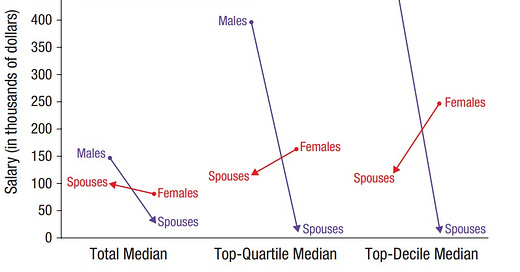


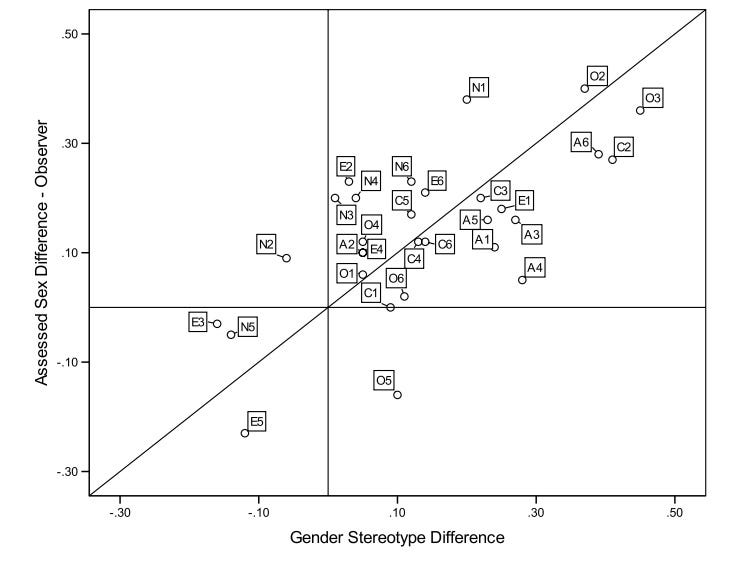
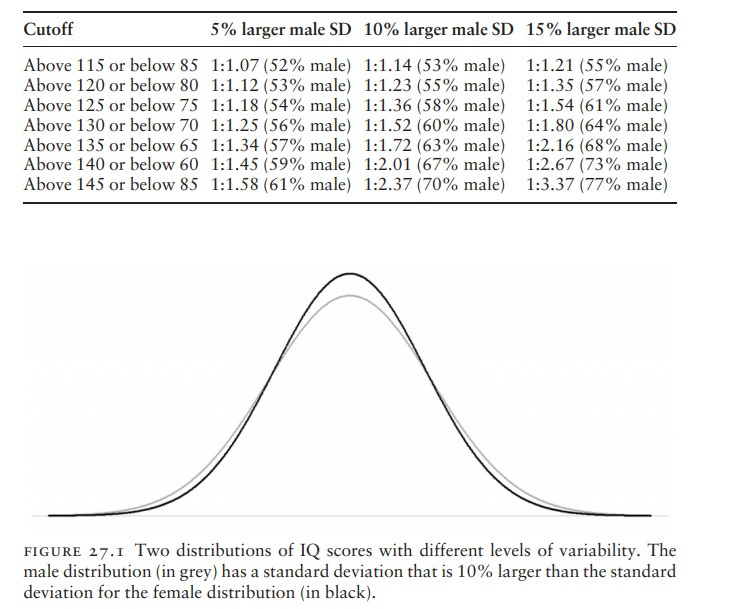
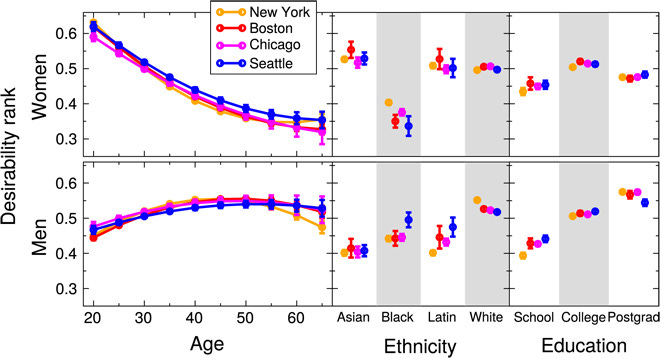
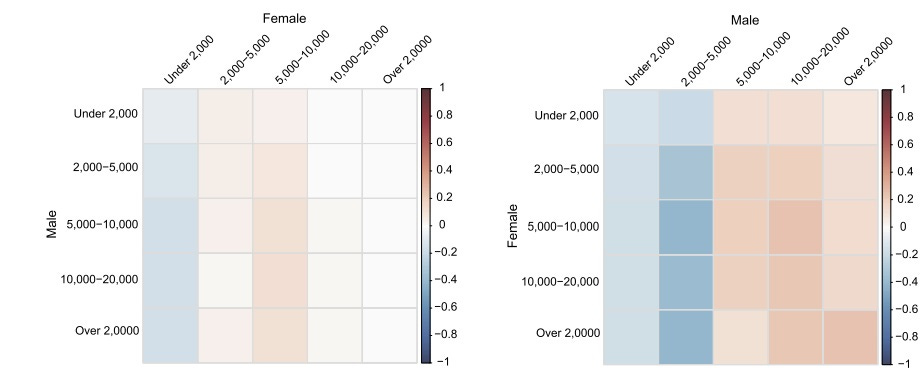

Man, i agree with your article, personally, i have a harder stance on this, while i agree with some ideas from the first wave of feminism, such as forbidding (i would say restricting is better) alcohol and forbidding abusive behaviour, most, if not 95% of it was bad, may you disagree perhaps, but, i have thought about this and women having the same political, economical and autonomy rights has been pretty bad everywhere, like i understand banning wife beating (in 95% of the cases unjustified) or giving women a bit of space, but if men want to recover our society then we need to change it, as i said, equal rights have been catasthropic for society, all of this happens because we have thought that equality is in practice and mainly in principle rights, no, they are not, men and women are different, and husbands and fathers need to have far more rights, politically, economically and in regard to other things, that seems the most fair.
What’s your thoughts on Nullsci’s critical stance on traditional gender roles?
https://open.substack.com/pub/blackfrancis/p/on-traditionalism?r=2h2py7&utm_medium=ios